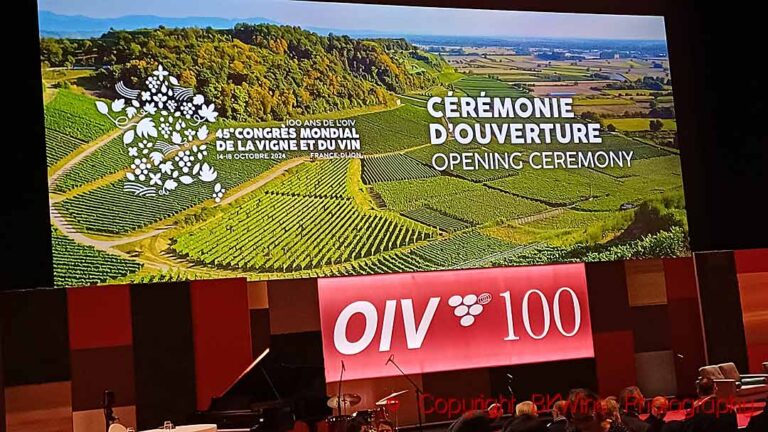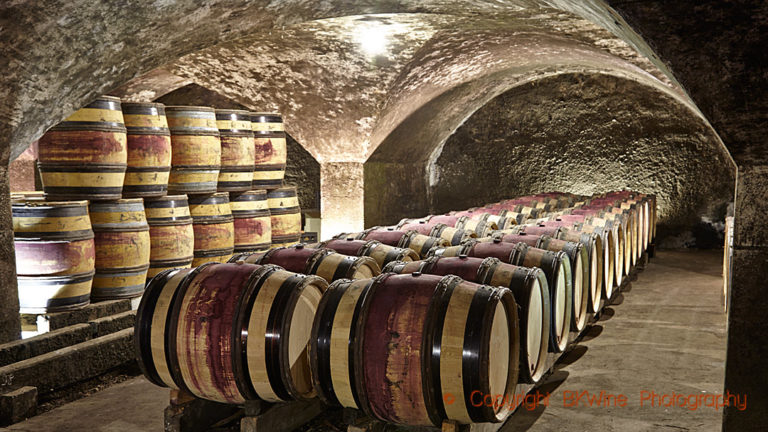This year, some winegrowers in various parts of Europe have had to resort to chaptalisation to reach the alcohol content they consider necessary. During our recent wine tours in, for example, Champagne and Burgundy, we talked to growers who have managed for several years without chaptalisation.
But in 2021, they had considered it necessary to do it. (Actually, one should say “enrichment”, since chaptalisation is only with beet sugar and also concentrated grape must can be used.) In some places, it has been exceptionally humid and threatened with the onset of grey rot they chose to harvest before the grapes had reached the optimal sugar content but were still healthy. Chaptalizing, i.e. adding sugar during fermentation, was the solution.
If you chaptalize, you add regular beet sugar to the wine (crystal sugar). This is done in northern regions, such as Champagne. In the south of France, you are not allowed to chaptalize (with beet sugar), but you may, if necessary, add concentrated grape must, so-called enrichment. Of course, winemakers are afraid to give their wines a different taste profile than their customers are used to.
On the other hand, perhaps it would be a good thing to let the vintage “express itself” and make wine with the alcohol content you get naturally?











